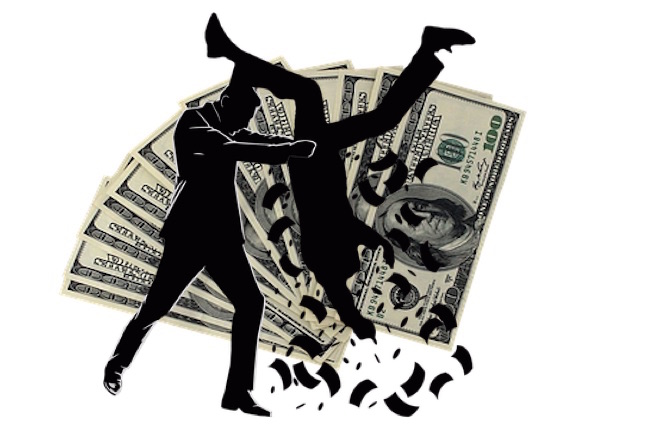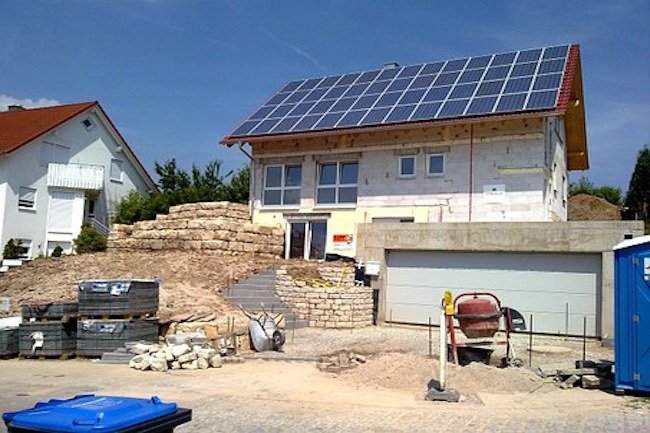Most people have less than three months of emergency expenses, survey finds by Zachary Halaschak, for Washington Exmainer
Emerging from the shock of the COVID-19 pandemic, more than half of the country does not have enough money to get by for three months, a new survey found.
Only 49% of adults in the United States say they have at least three months’ worth of emergency savings, with 1 in 4 claiming to have no emergency savings whatsoever, according to a report by Bankrate.com.
The 25% who said they have no emergency savings is up from the 21% who said the same when questioned last year. Only 17% of the 1,009 adults queried indicated they have more emergency savings now than before the outbreak of COVID-19, and 34% said they have less money in emergency savings now.
Greg McBride, chief financial analyst at Bankrate.com, told the Washington Examiner the financial services company has tracked emergency savings for more than a decade, noting the “very apparent” lack of improvement relative to where the country was years ago.
We did see some slight improvement as we got into the later stages of the economic expansion, but the pandemic seems to have reversed that progress,” he said during an interview.
Twenty-six percent of respondents reported they have some emergency savings but less than three months’ worth, while 19% said they could last between three to five months. A quarter of respondents said they could cover expenses for more than six months, and 5% were not sure or declined to answer.
Respondents answered based on how much money they have in emergency savings, meaning “money that is readily available in either a checking account, savings account, or money market.”
A survey conducted at the end of February by Bank of America found only 36% said they planned to spend the last stimulus check, compared to 30% who said they would use it to pay off debts. Twenty-five percent said they would save it, and 9% planned to invest it.




